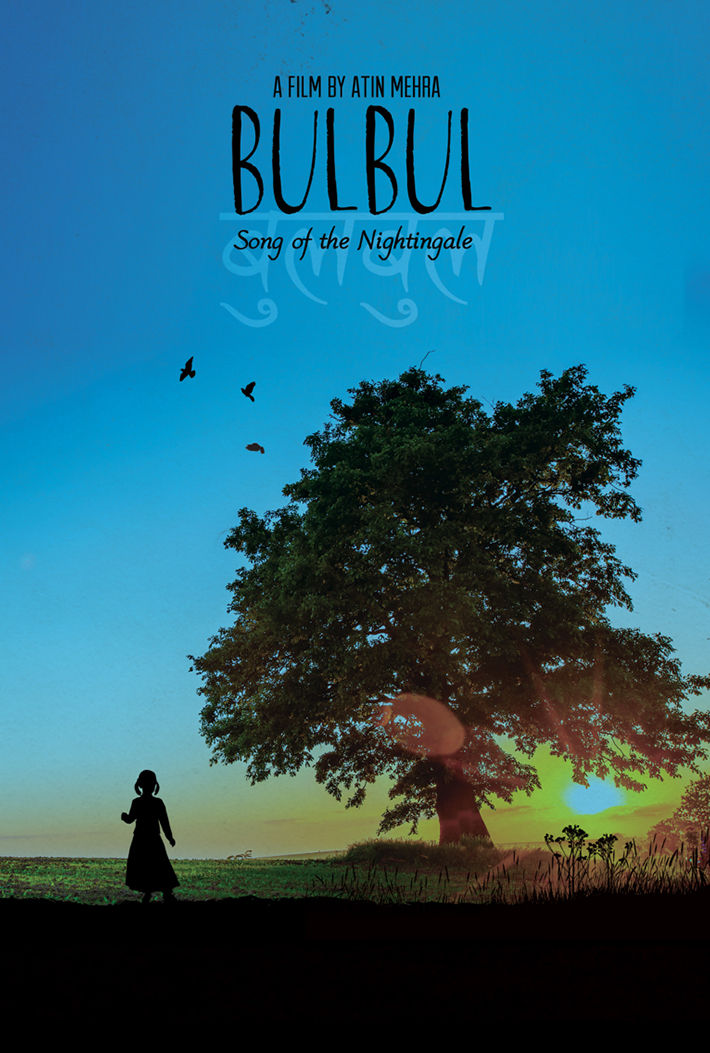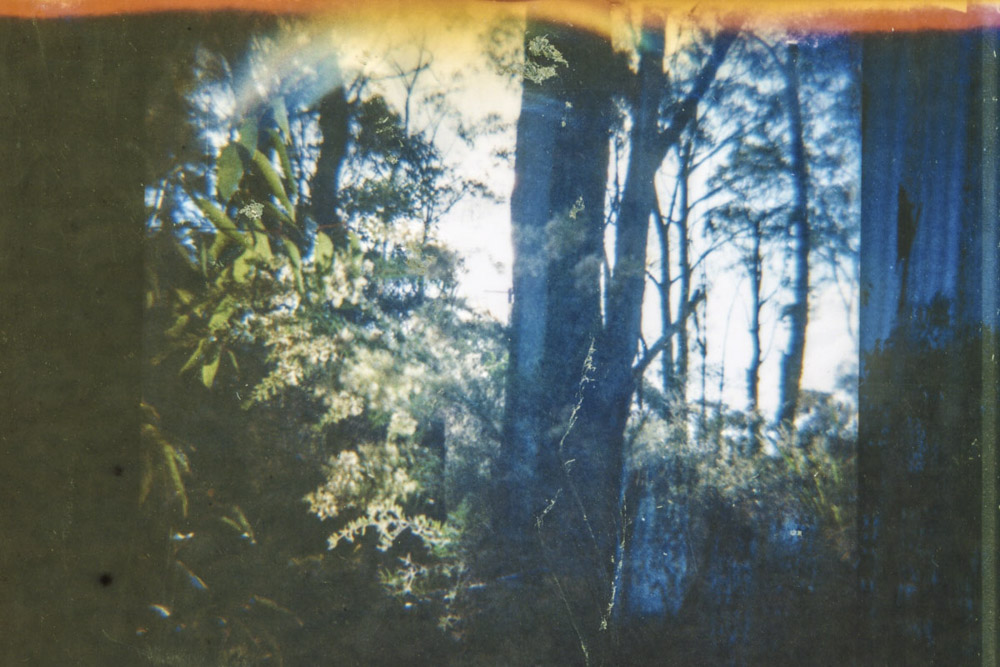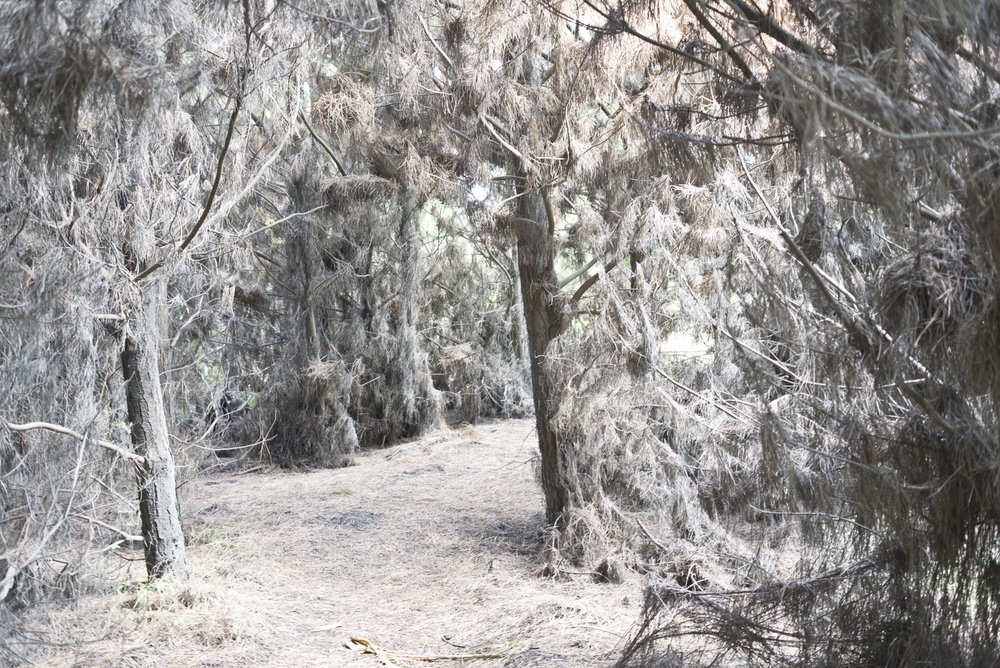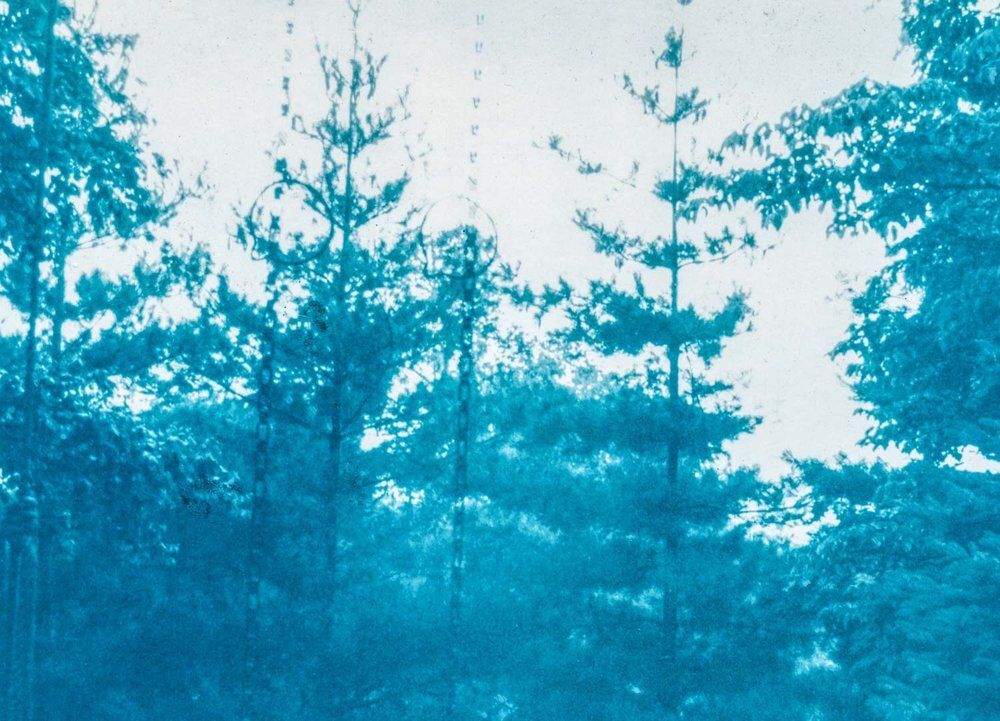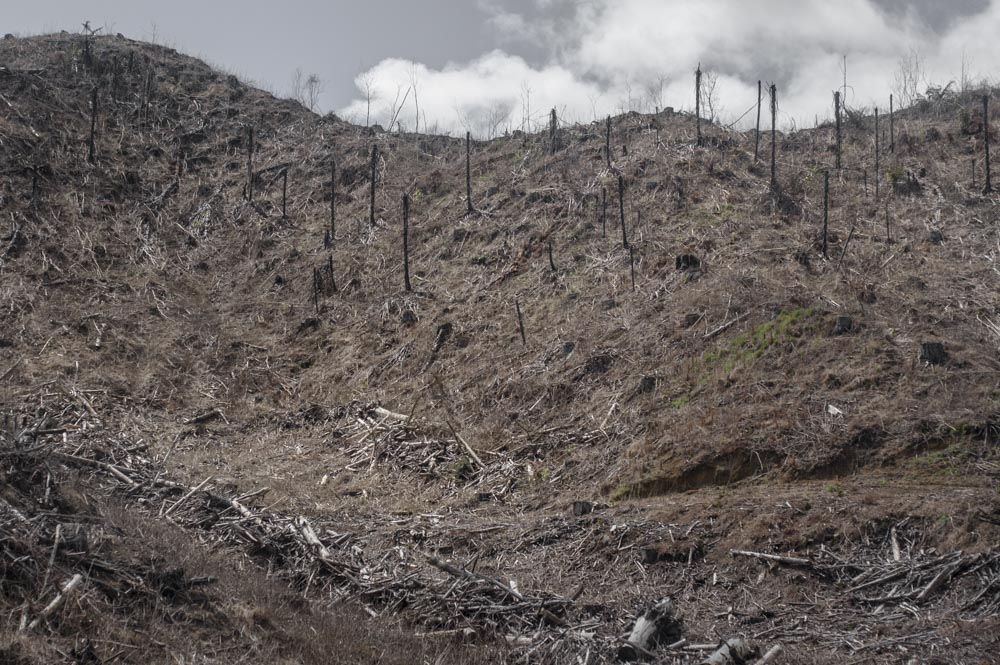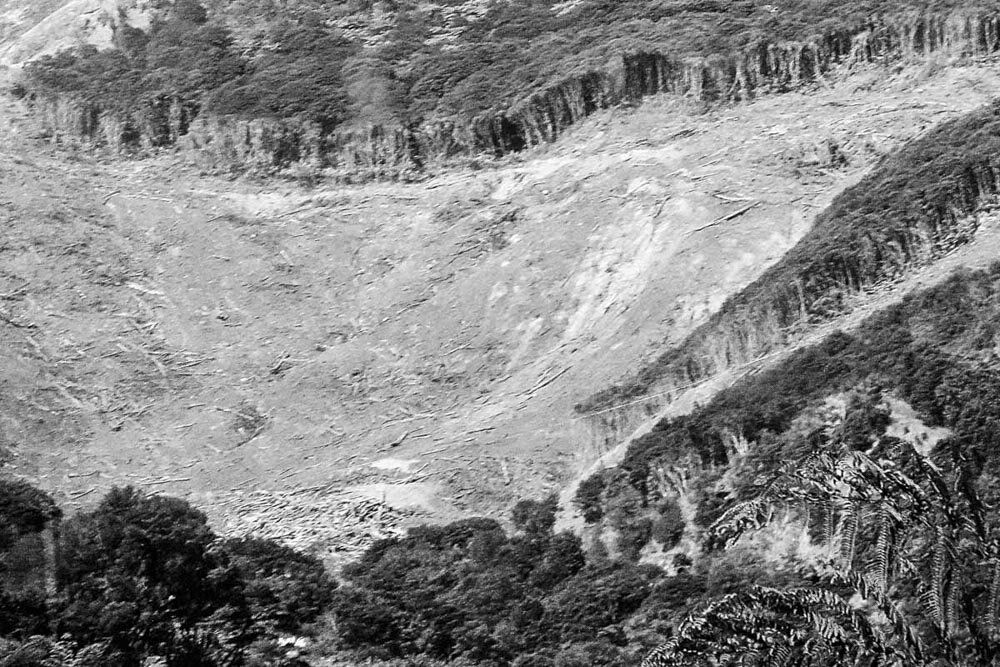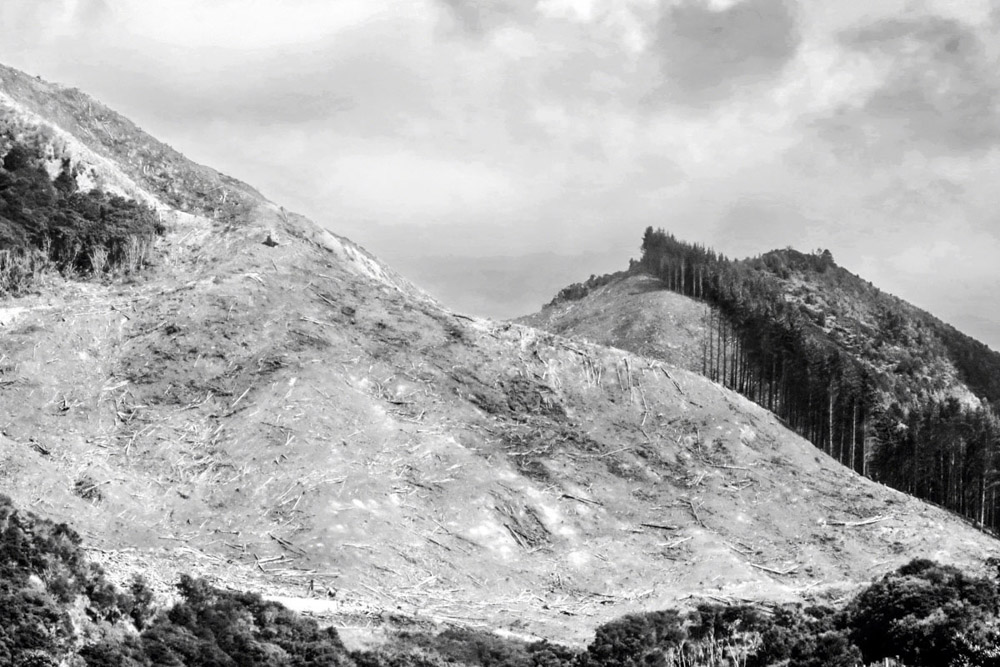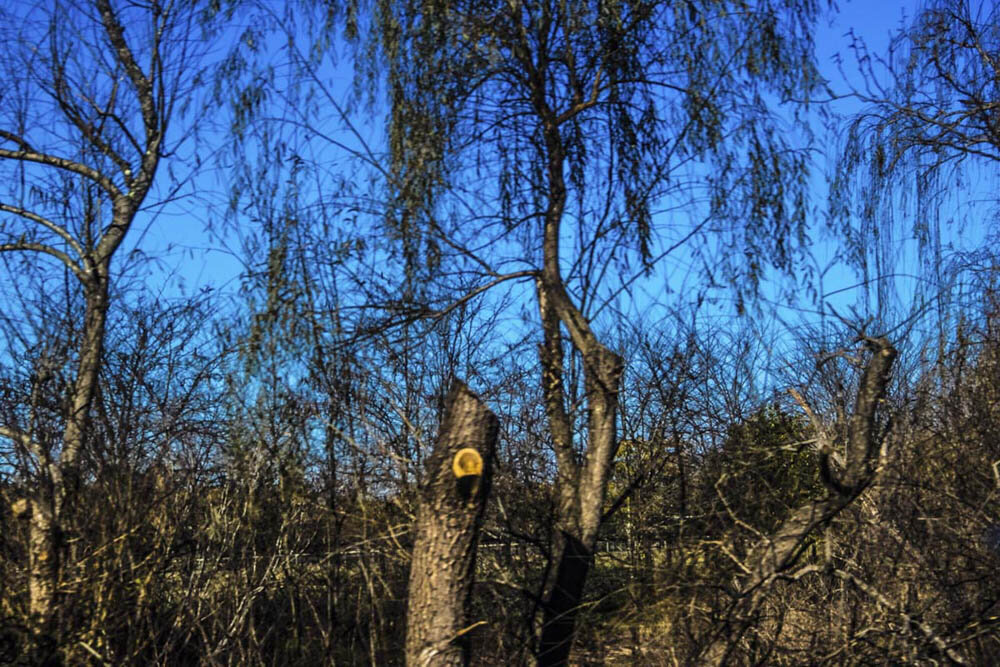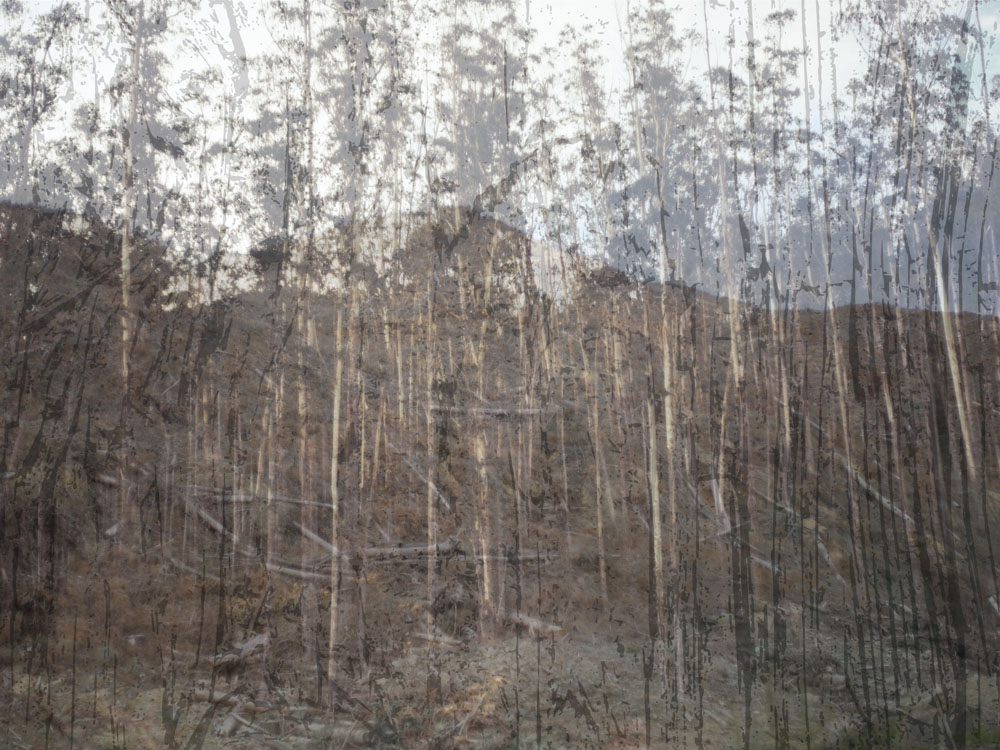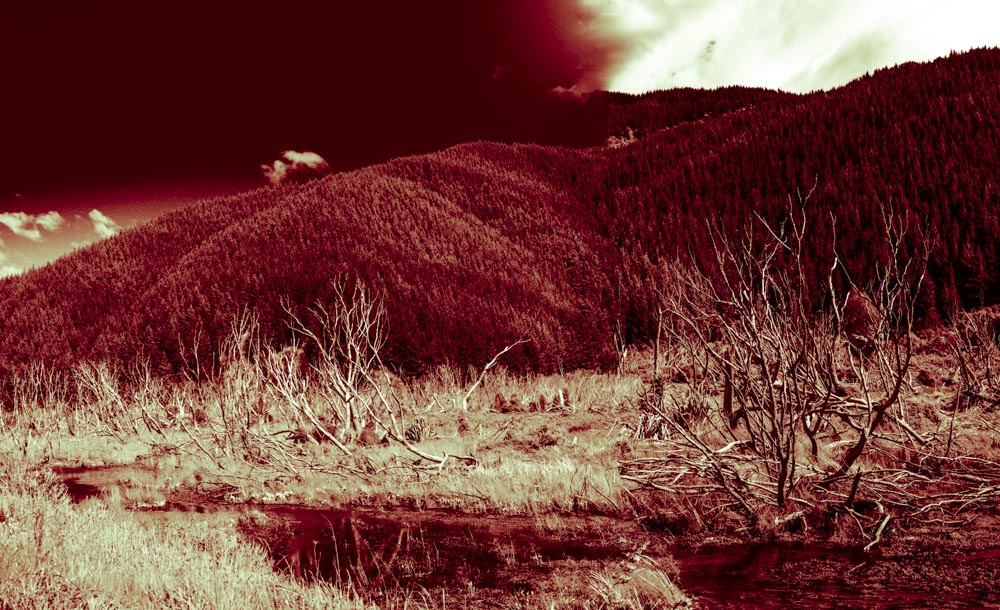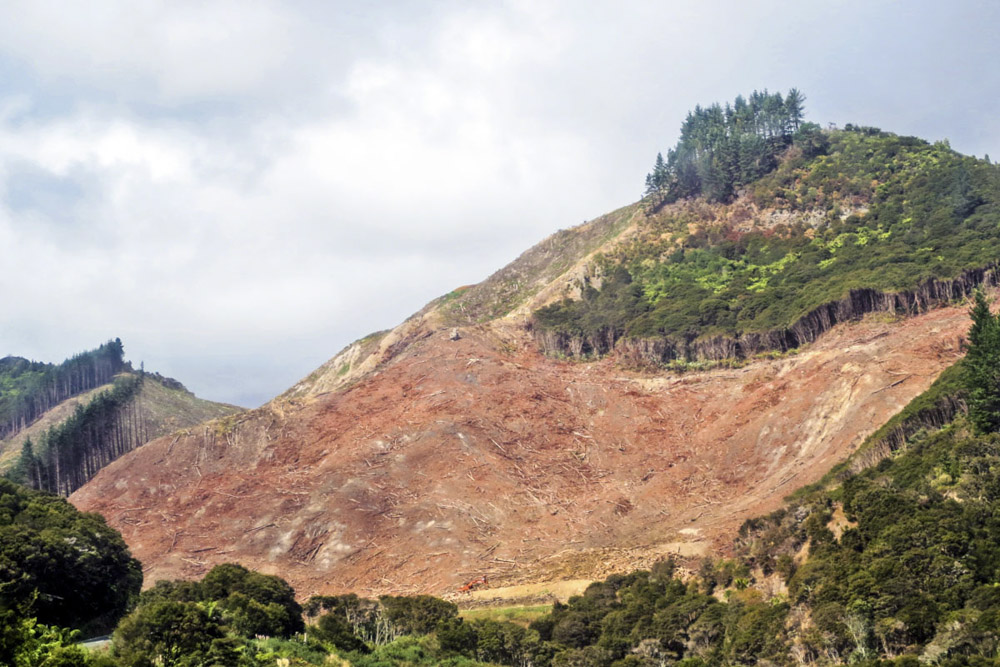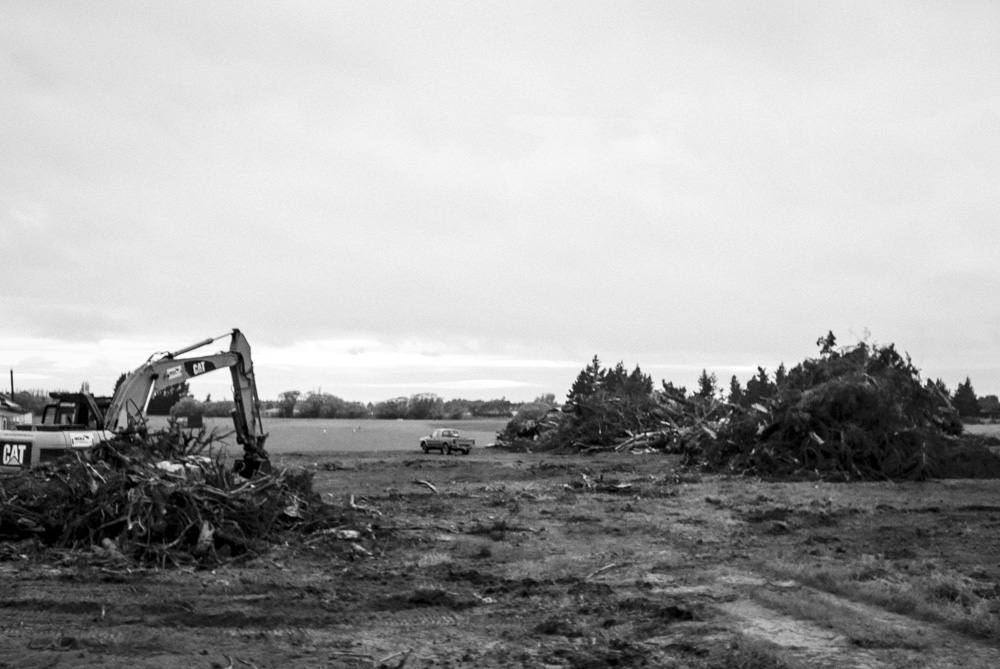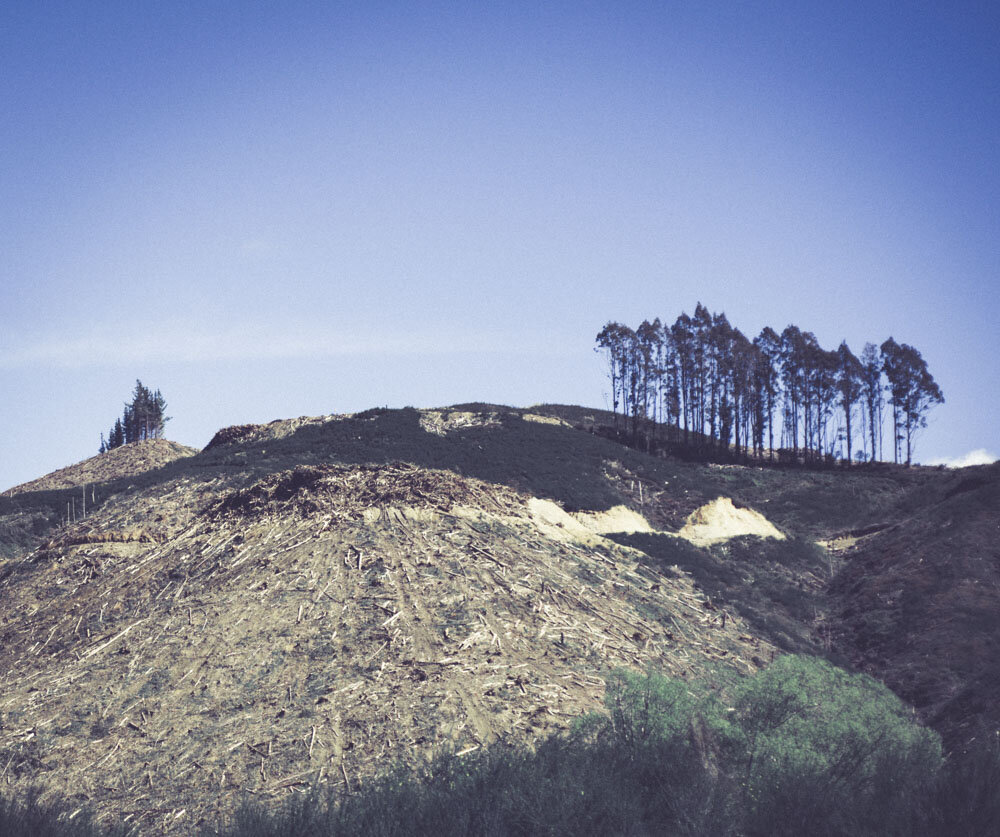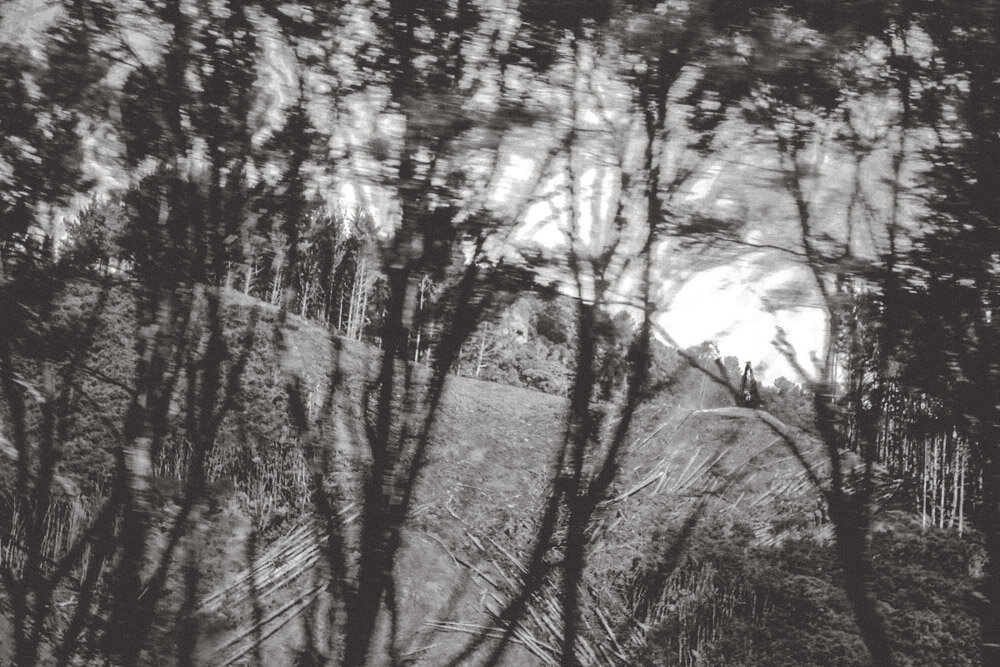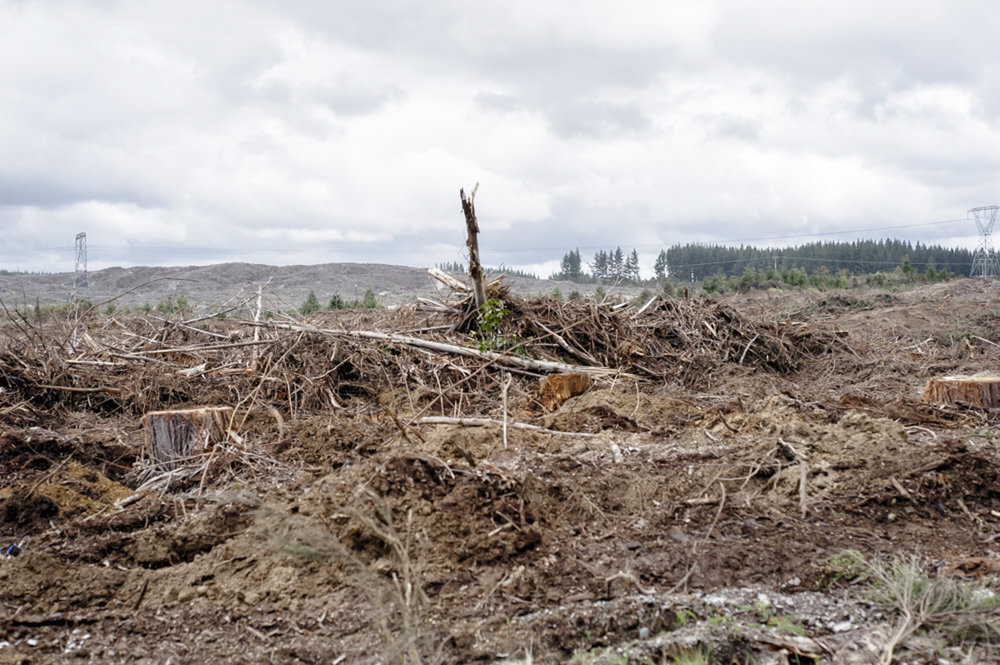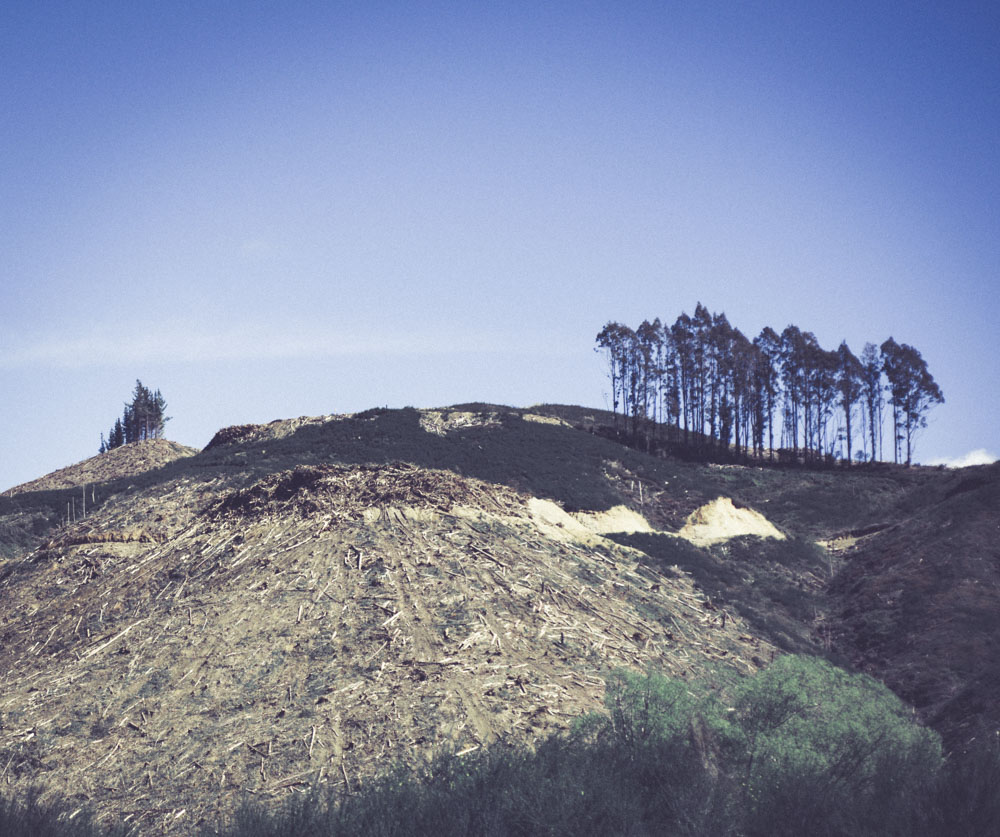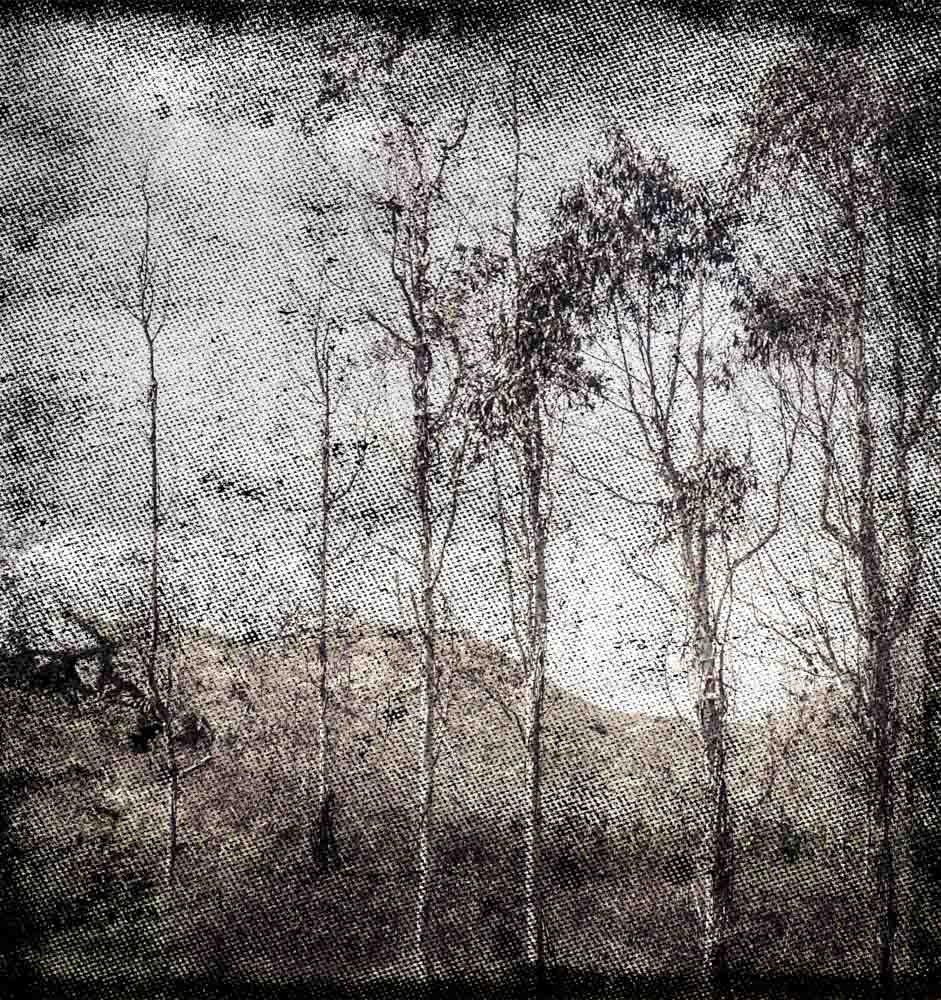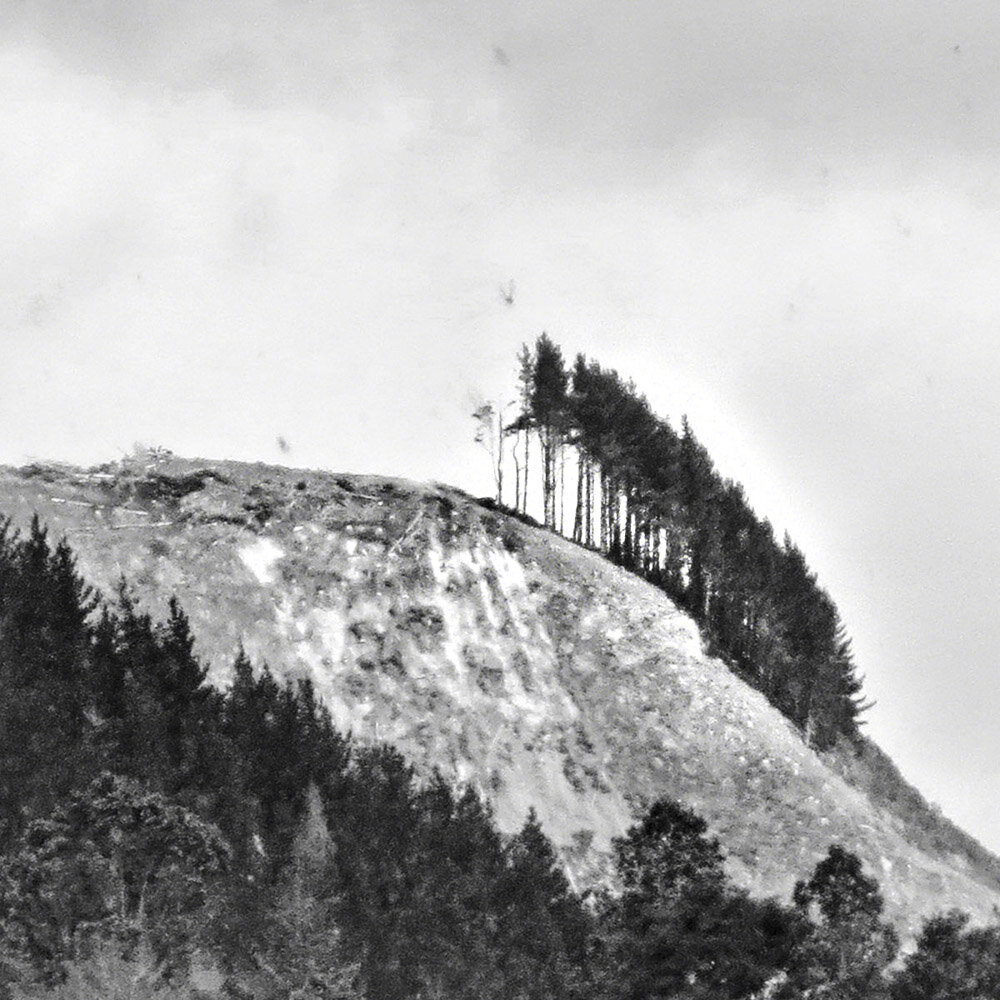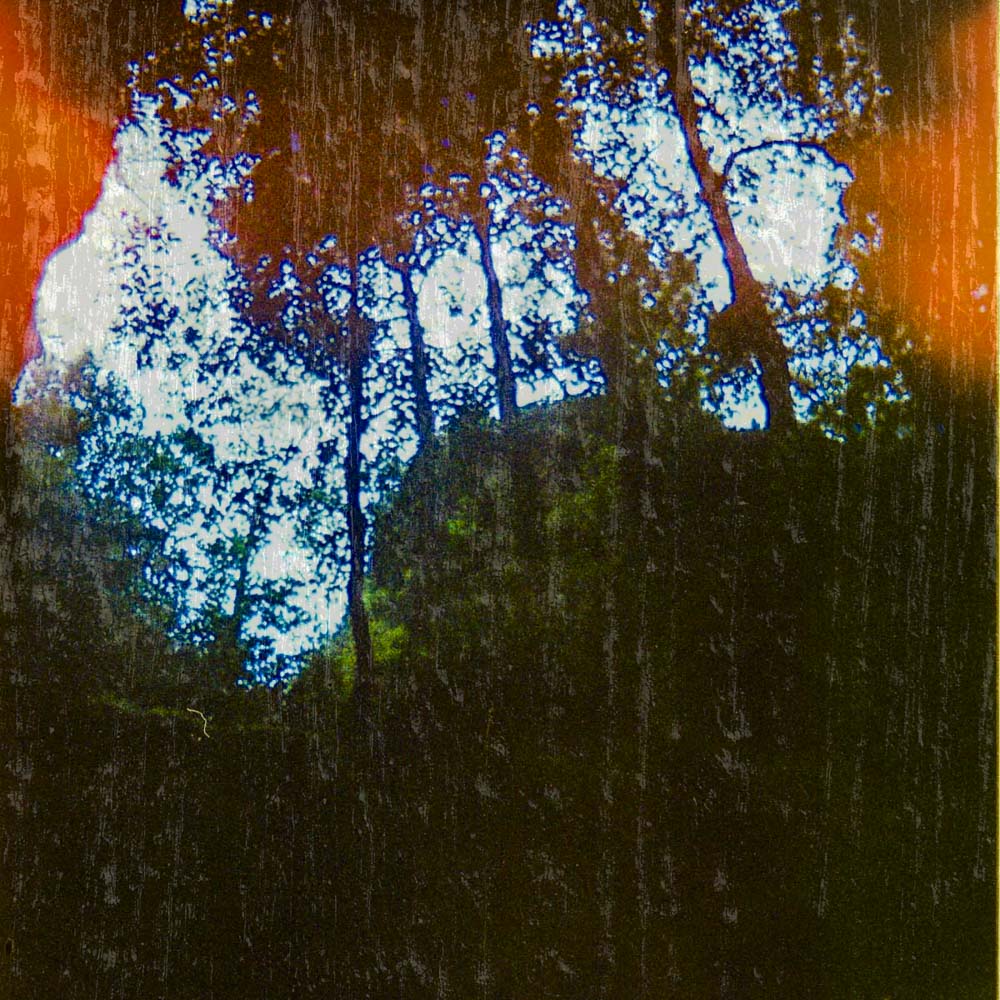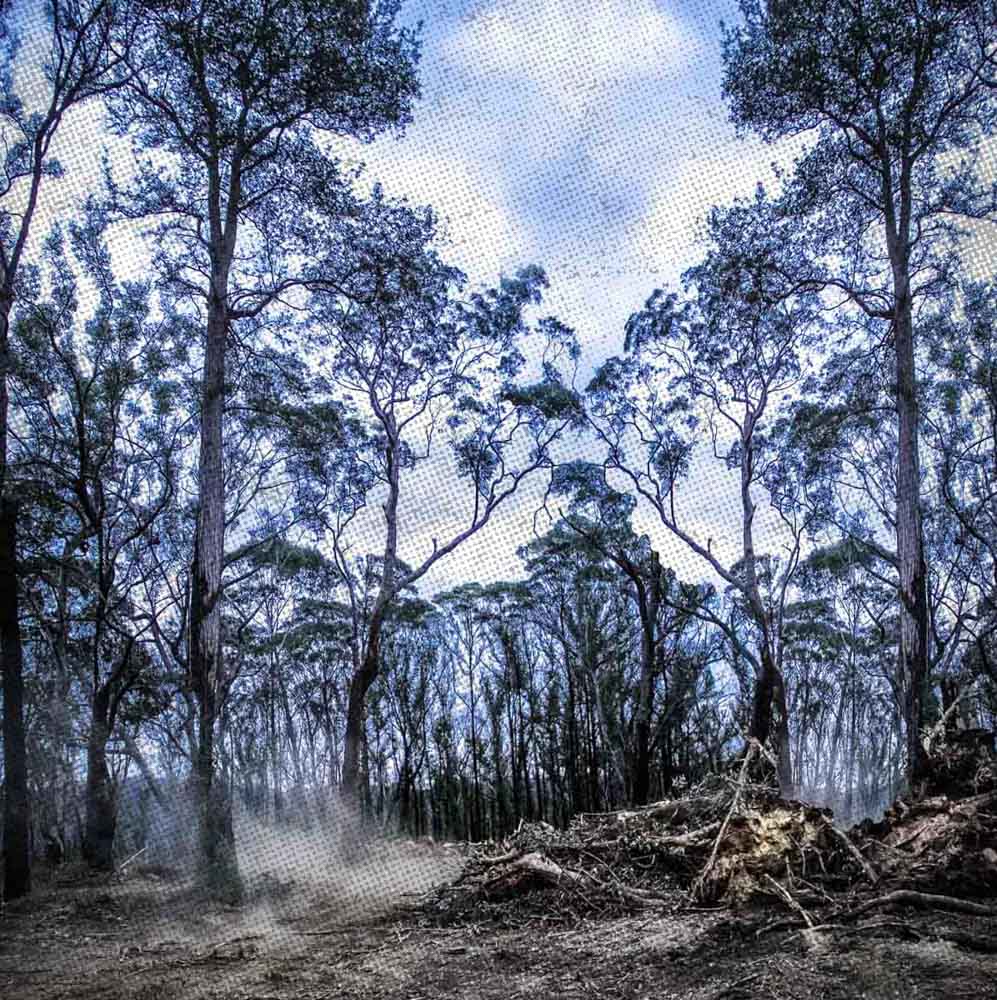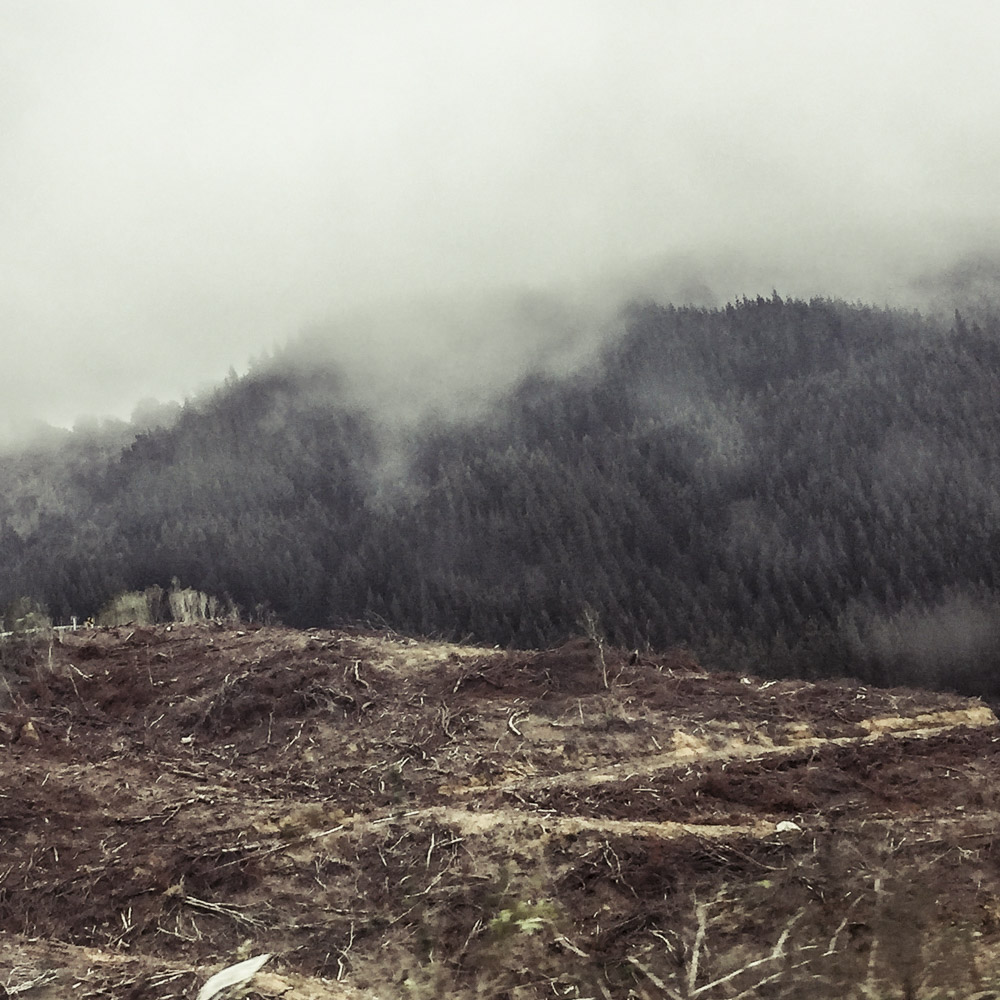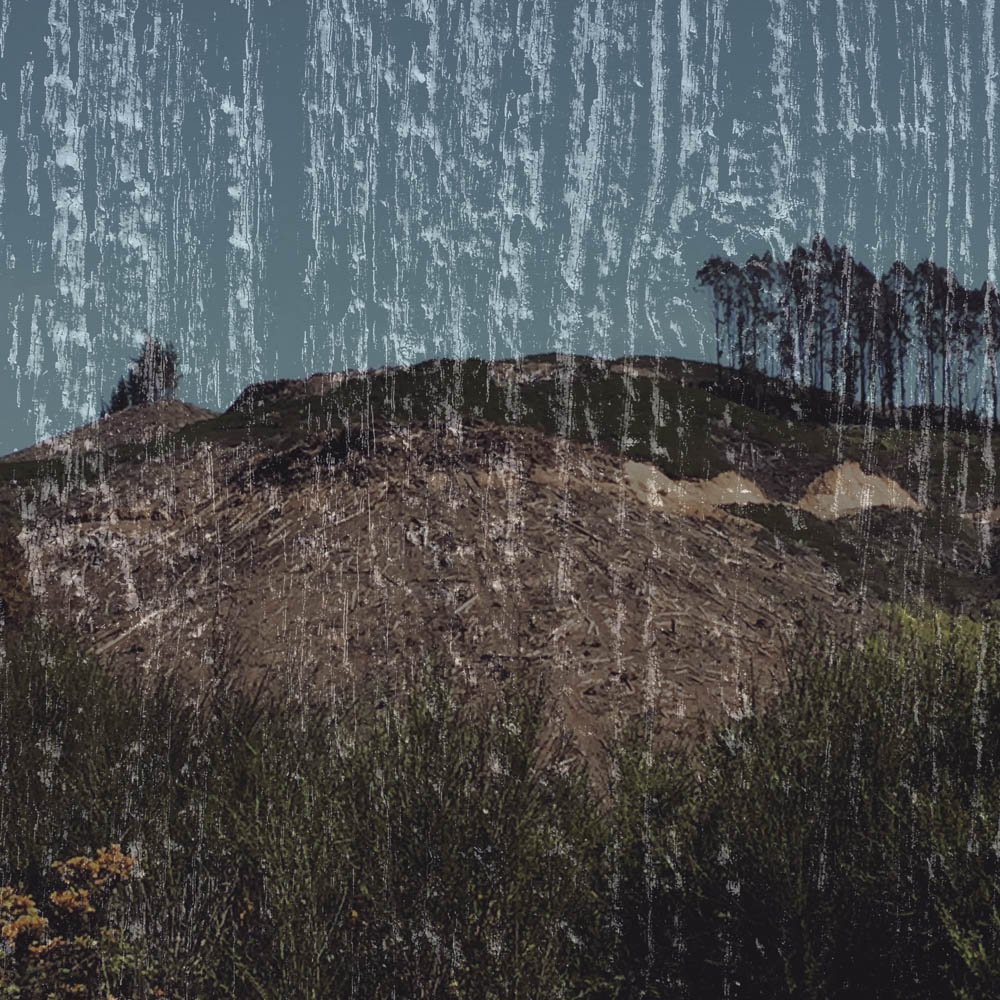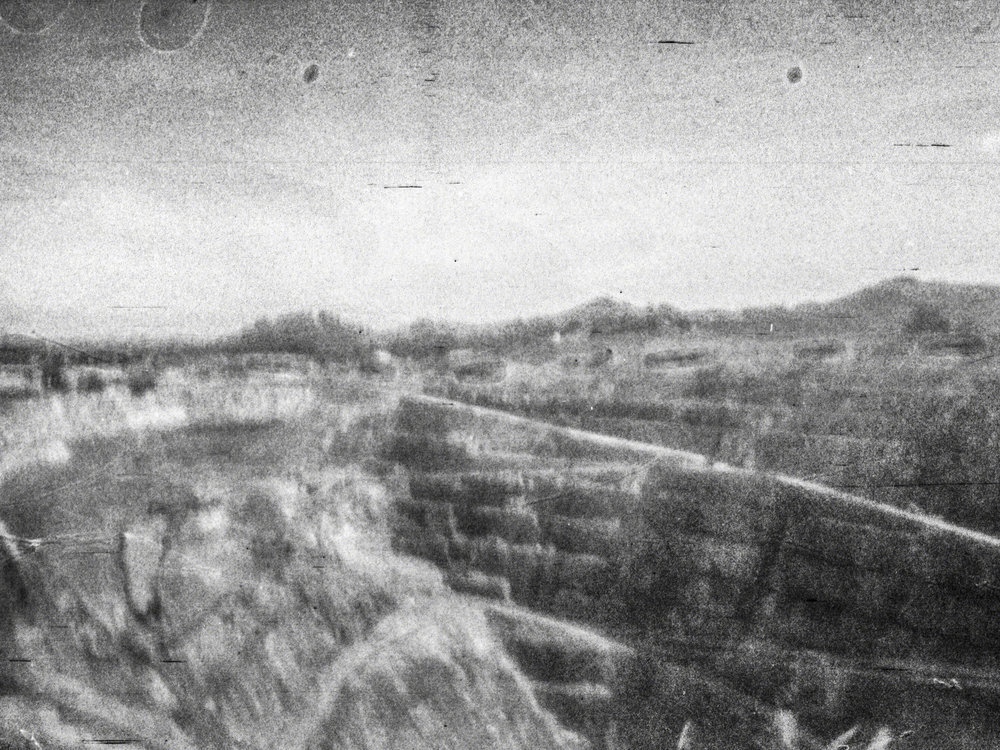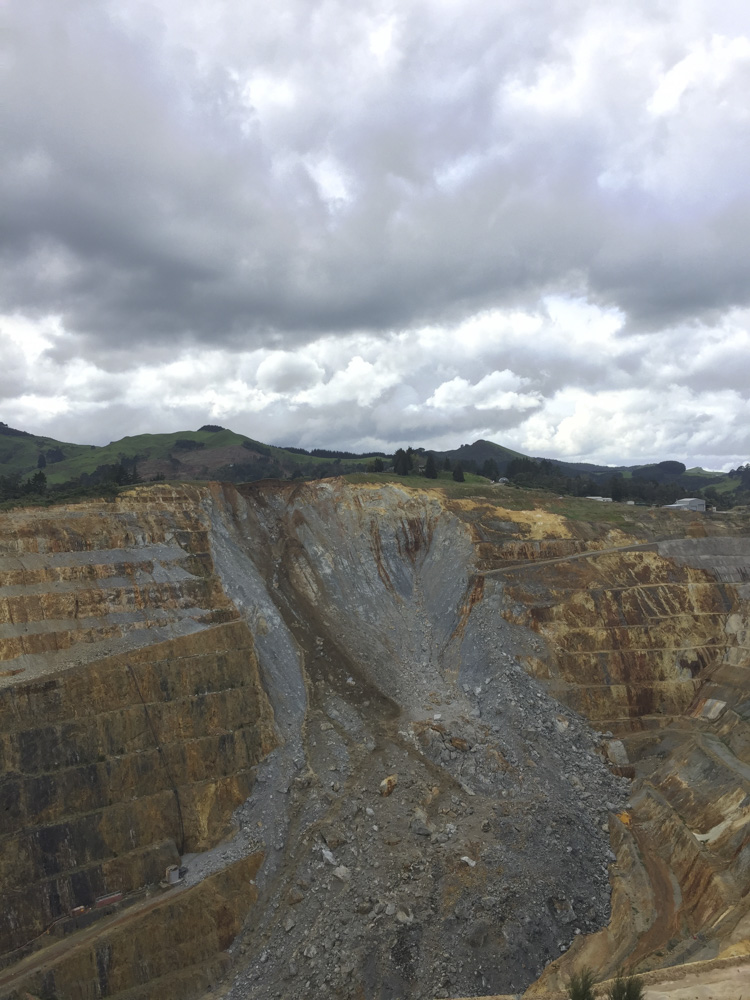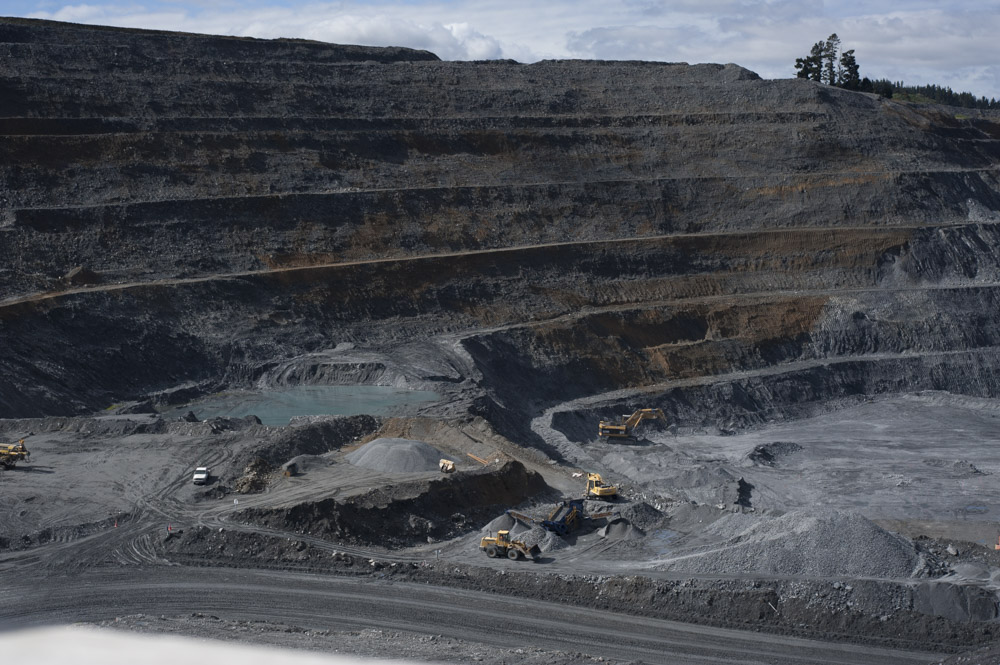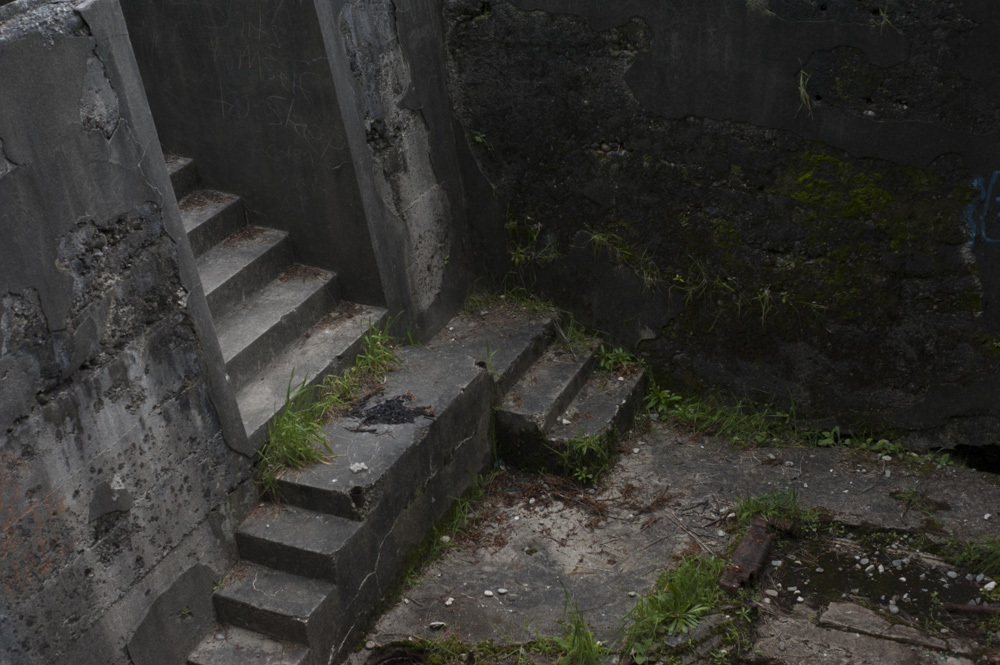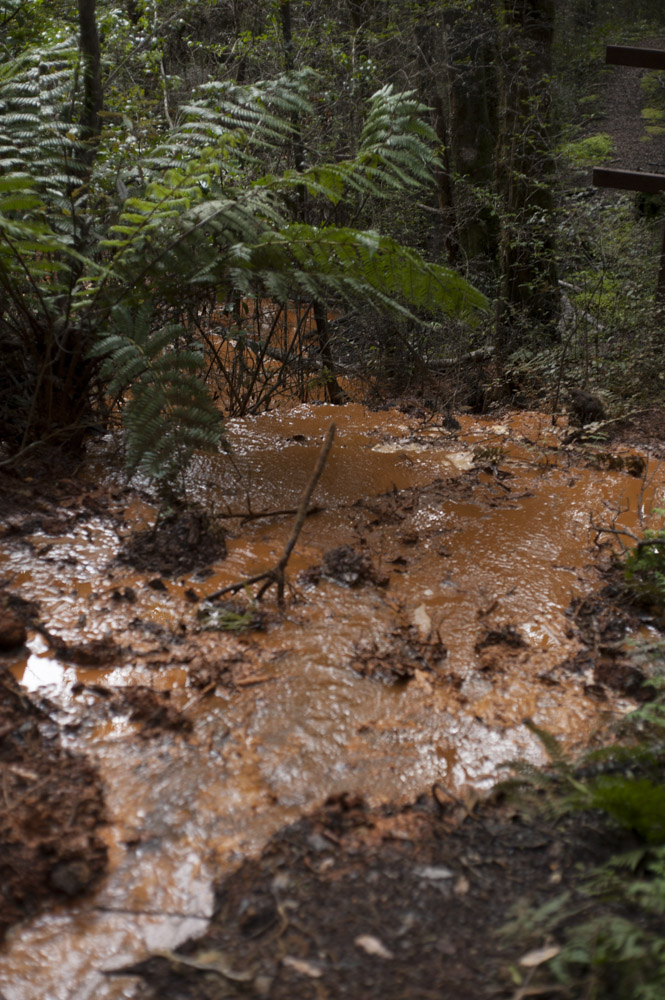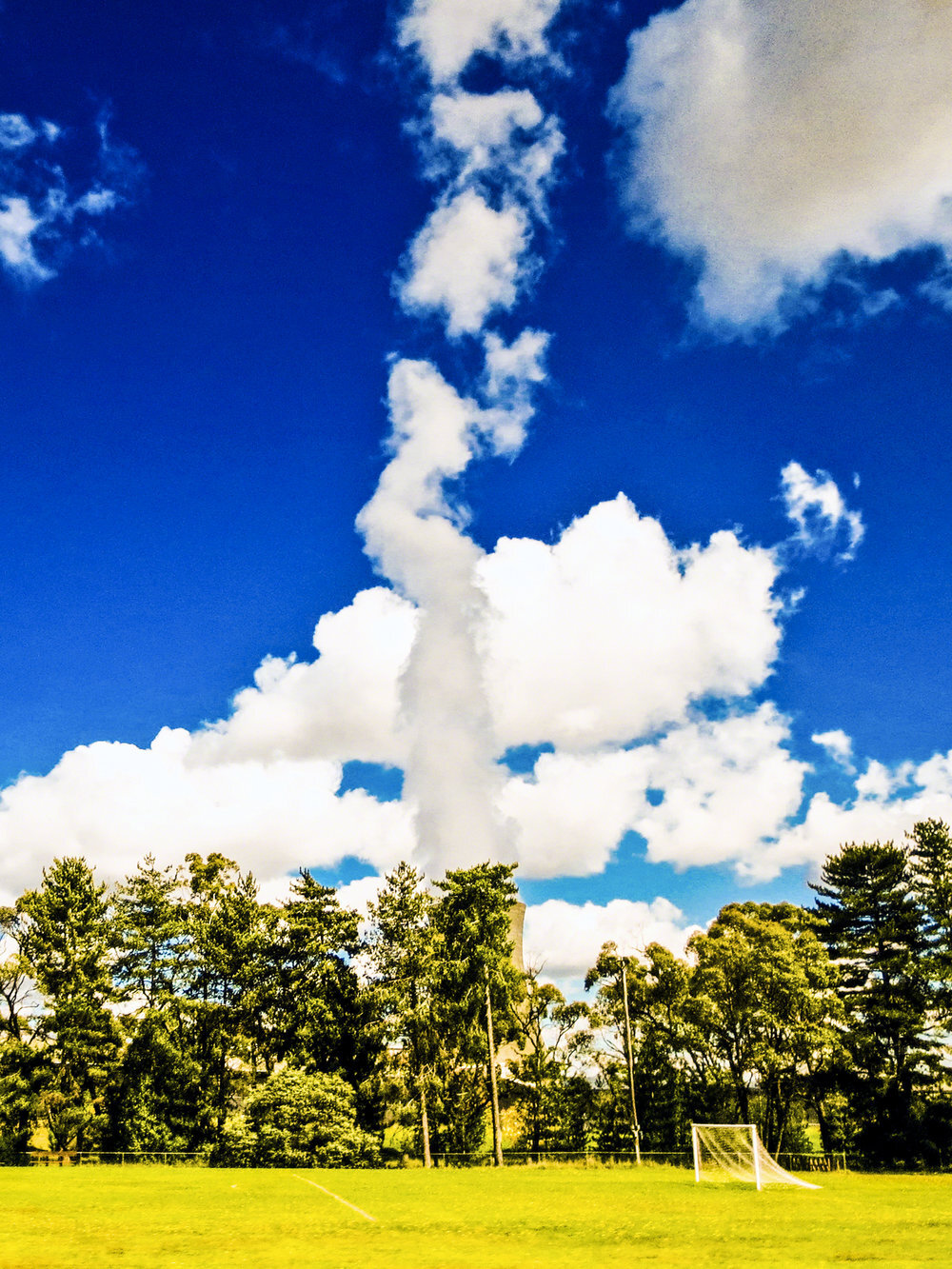At PROSA, our goal is to provide comprehensive secondary education for refugees in the 16+ age group. The resulting diploma (Pflichtschulabschluss) is the key to a satisfying work life or higher education. We offer private tuition, a theater project,football classes,a buddy project & more to empower our students. Our Social Workers are always on hand to support them every step of the way. PROSA helps each individual to build their communication skills, confidence & ability to contribute to Austrian society. At PROSA we believe education is a human right & young refugees deserve that right too.
Empowering children to take hold of their future and break the cycle of poverty through education.
The Dominican Republic has one of the most dysfunctional public education systems in the Western Hemisphere. A recent study researched academic achievement levels of 3rd and 6th grade students in 16 Latin American Countries. The Dominican Republic was ranked last in the crucial areas of math, reading and science. The primary school dropout rate is an astounding 14 percent. Out of all the Dominican students in lower income brackets that begin high school, only 12 percent will complete their studies, compared to 62 percent of their peers from higher income brackets. Perhaps most shockingly, there are no requirements to attend school. We seek to combat these grave issues and empower these children to break the cycle of poverty that has plagued families in the Dominican Republic for generations.
Bulbul: Song of the Nightingale documents the life of a young Banchara girl living off National Highway 79 in Madhya Pradesh, India. Though only eleven years old, Bulbul already stands at a crossroads. The likelihood is high that her parents will soon force her into the longstanding community tradition of prostitution. Bulbul's tribe, the Banchara, have existed at the bottom of Indian society for centuries, relying on prostitution as their economic lifeblood. A continued lack of options allows this practice to persist.
Bulbul's story sits at the nexus of the most pervasive and persistent social ills in today's India-sex, money, and a system of religiously sanctioned apartheid thousands of years old. The course for Bulbul's life was assumed by her parents long before she was born. In this community, a young girl is a precious commodity, as she will one day earn her family money either through a large dowry or as a prostitute. The film traces the contours of Bulbul's horizon through her relationships and encounters with the constellation of women in her immediate family and community, offering a glimpse of what might become her future.
How will history
judge us?
Over the past several centuries, the natural world has been liquidated and substituted for an artificial one. All transcendence has disappeared. The nature of the earnings that defined late capitalism have incidentally raped us of nature itself. Contemplation of the future is lost in the inundation of illusory pleasures and distractions pioneered by the media. Yet illusion won’t free us from reality in world increasingly defined by patterns of war, excess and the transnational exploitation of countries handicapped by their historical and geo-political (dis)placement.
Central to my work is the transformation of the global landscape under the weight of industrialization and myth of progress. It addresses the residual of consumption, the mutability of history and the material inequalities of a world reduced to a bottom line. Having spent the last decade documenting landfills, industrial refineries and other scarred landscapes, my work in New Zealand and Australia focused on the deforestation and mining of sacred landscapes by multi-national conglomerates, the environmental impacts of which are both are large-scale and permanent. Although multinationals insist that the technologies in place ensure environmentally friendly practices, evidence proves otherwise. In the case of mining, the deposition and leaching of toxic chemical, like arsenic and nitrogen, contaminate local water supplies and disrupt the entire ecosystem.
The stakes are high with there being no end in sight for industrial expansion, yet I am a strong believer in the power of grassroots movements. During my last stint in Oceania, I worked with activist members of both the Coromandel Watchdogs and Greenspot Guardians in New Zealand as well as with the co-founder of the Garden of Stones in the Blue Mountains of New South Wales, Australia, documenting the constellation of opencast mines, petrified forests, ghost towns and sites of "regerneration". With close to ten thousand hectares of the Coromandel Peninsula (east of Kapowai Road) just recently approved for exploration (May 2016). Meanwhile, in Australia, Centennial Coal has proposed a mine-extension that will accelerate swamp damage. The cumulative effect of this policy will be that the capacity of headwater swamps and associated streams to collect, store and transmit water will be reduced, not just on Newnes Plateau but within our drinking water catchments. The impact of longwall damage on the threatened swamp ecosystems will be devastating.
HEYDT will return to Australia and New Zealand in the Fall of 2016 to continue her work there.






